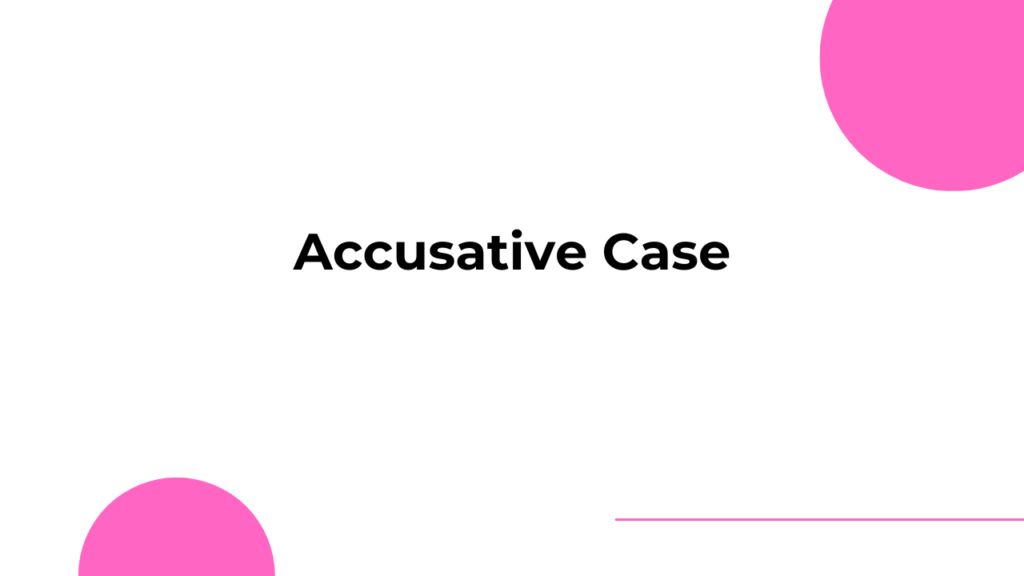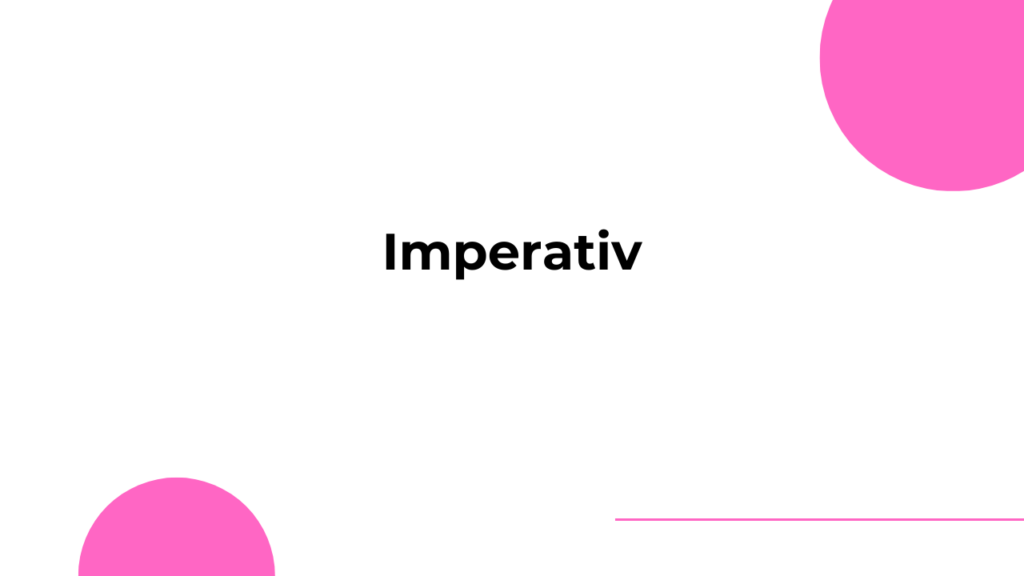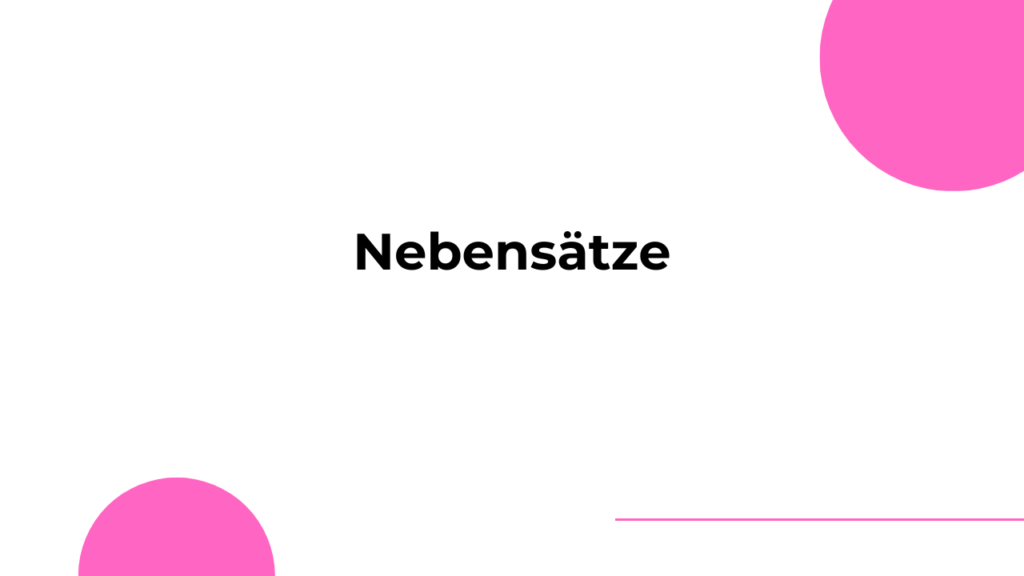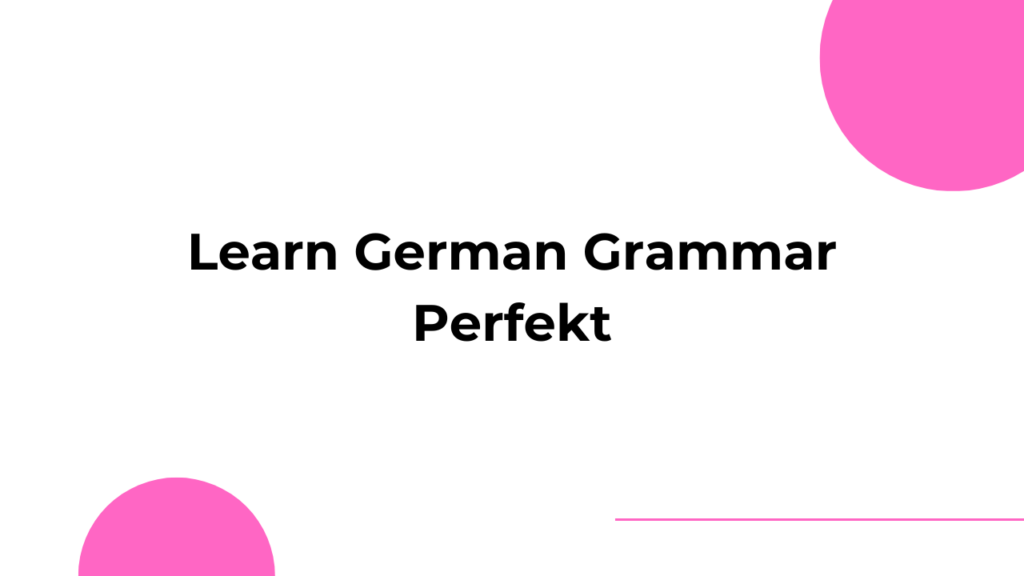Möbelgeschäft
Franz ist Händler. Er hat ein Möbelgeschäft und handelt sowohl mit alten, als auch mit neunen Möbeln. Die alten kauft er billig, repariert sie und verkauft sie weiter. Hinter dem Geschäft gibt es eine Werkstatt, in der die Möbel repariert werden. Franz hat vier Angestellte. Zwei in der Werkstatt und zwei im Geschäft. Er hilf …










